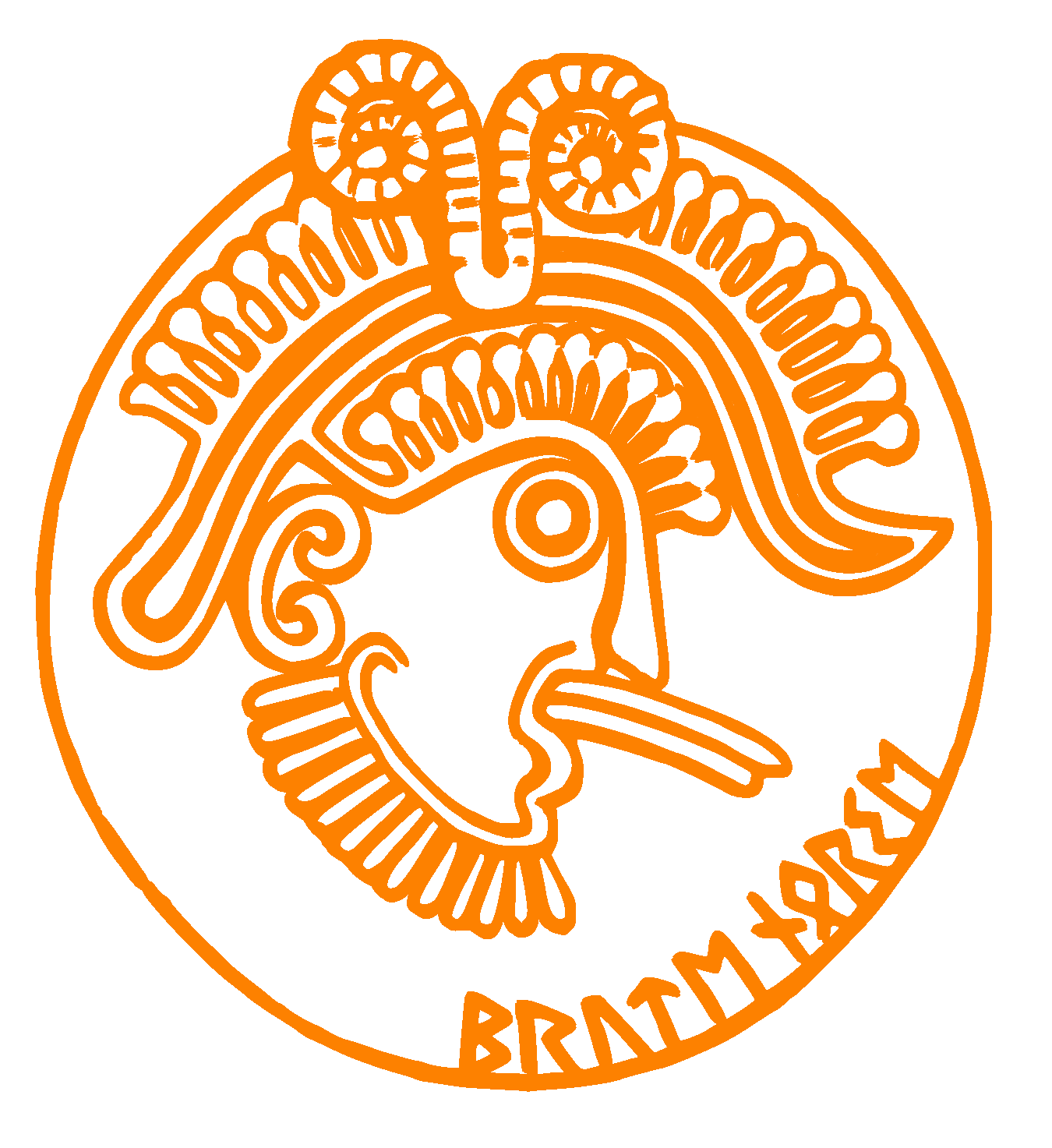Baywatch Nights - "Frozen out of time" (Review)
/Baywatch Nights, as you probably assumed, was a hilariously bum-steered attempt at squeezing a few extra bucks out of the Baywatch franchise. Originally, this obscure gem didn't seem too far apart from any other weekday crime series set in lotion-infused California. But things got really trippy in the second (read: last) season, when the production company decided to face failing ratings by charging head on into X-Files territory. This creative equivalent of siphoning gasoline from your neighbor's truck resulted in some properly awkward TV-moments, and a few of them are contained in the thirteenth episode of the season; "Frozen out of time.
It's justifiable to ask why I begin my series of viking film reviews with such a dreadfully silly piece. The answer is simple: There are only so many good viking movies, maybe three or four, in the entire history of cinema. I want something to look forward to, and now things can only get better. Or so I hope. Pedantic readers may point out that weeknight TV does not technically qualify as cinema. This is true, but I don't think anybody really cares about the distinction at this level. We take what we get in the grim sausage world of brain dead entertainment.
The episode opens with stock footage of glacial floods and volcanic smoke rising from a dramatic, frozen landscape. The expositional radio dialogue between a recon pilot and someone on ground helps illuminate the scene. It's "another massive eruption" and "really something", the pilot says before describing "widespread disruption", which is also "really something", apparently. He seems either really bored or baffled by this, it's hard to tell. Text on the screen tells us we're seeing the Vatnajökull glacier on Iceland, and the date is May 8th 1996. I lean forward in my seat. I look down at my cat, my cat looks up at me, and I check the current date; today is May 8th 2017. I would never think that a mystery series called Baywatch Nights would actually spook me, and we're only 30 seconds into the episode.
I'm impressed: There actually was a glacial outburst at Vatnajökull in 1996 with a peak flow of whooping 50,000 m3/s! This is more accuracy than I believed I could expect from a show called Baywatch Nights, for which I'll give it a slight authenticity bonus. Things get mysterious when a new voice appears. A stern, masculine voice, like a middle-aged authority figure, someone up the chain of command. "This is... not a secure line" he hesitates. It's Diamont Teague, one of the show's recurring characters, apparently. Despite the apparent security breach they freely discuss the true nature of their mission: A certain "it", something "unbelievable" found buried under 2000 feet of glacial ice. What it could be, aliens? Decent dialogue? A pitch for a better series?
"You know how I feel about boogedy boogedy"
No answers yet, fool! We suddenly find ourselves on the docks of San Pedro, California, on June 2nd to be precise. A ship arrives carrying a mysterious cargo. Then, without warning, we find ourselves on June 8th, still in San Pedro, were the big secret is finally revealed: Two frozen vikings are about to be revived in a misty (and probably highly illegal) chryogenics lab. Things go awry when one wakes up prematurely: The viking, played by Sven-Ole Thorsen - a Danish bodybuilder famous for his role as Thulsa Doom's retainer in Conan The Barbarian - tears through his restraints and beats the living shit out of the laboratory staff. For some reason all his weapons are laid out on a table in the same room (they should be in a museum and handled by a qualified conservationist). The rabid Norseman then tries to kill the other, who still lays frozen with a huge knife lodged in his chest, presumably because they had been caught in the ice mid-battle. Luckily, Mitch Buchannon (David Hasselhoff) turns up just in time, along with his sidekick Ryan McBride, a connoisseur of paranormal phenomena, who is actually a woman, not a grog-blossomed Irishman as the name might have you believe.
Note the knife in his chest.
Sadly, they fail to subdue the primeval savage, who grabs his helmet by the horns (!) and takes to the streets where he proceeds to flail his sword at passing cars, steal fish, and throw puzzled glances at industrial machinery.
"Give him space!"
Meanwhile, back in the lab, Mitch and his sidekick Ryan are provided with some archaeological context after getting talked out of calling the police, which confirms more than a few suspicions regarding the legality of the whole operation. They hatch a plan to catch the viking alive with a net gun, and Mitch uses anthropology to pin point the stray Norseman's whereabouts, asserting that a viking in distress would always seek out the ocean. Following the principle of Chekhov's gun, which states that every element featured in a story must serve to resolve the plot, we all know that the second viking is bound to wake up as well. What follows is a wildly anachronistic sword fight in a dingy cyberpunk laboratory, where Hasselhoff's character fights his enemy off with a broom. The vikings die and Mitch gives the both of them, and I quote, "a proper viking burial" by putting them in a fiberglass boat, which he torches by means of a flaming arrow before the credits start to roll, accompanying a funky saxophone soundtrack.
I don't know if "Frozen out of time" is worthy of any deeper analysis, but I guess I could spare a few thoughts: Throughout the episode, Hasselhoff's character keeps expressing empathy towards the antagonists, even romanticizing and lamenting their lost way of life. His admiration, he admits, belongs to a yearning for another place and time where he might have been one of them. This is despite the fact that both vikings display few humanizing traits. Actually, they behave more like animals, concerned only with satisfying immediate urges such as lust and hunger: The first eats a raw fish, and the other makes sexually threatening advances towards the supporting character Ryan. Is this a commentary on a modern tendency to defend or explain viking raids, or is it an appreciation of the many facets of human experience regardless of ethics? Is David Hasselhoff an anti-modernist lamenting the vaginalization of Western masculinity? I really don't know. But in any case, I guess his constant expositions about viking warrior culture and seafaring serves some minor educational purpose, at least if the audience is otherwise oblivious about this aspect of European history. The show appears somewhat self-aware that it is completely ridiculous, and that's one redeeming feature. I might even check out some more episodes, because it really did make me laugh. In conclusion this is an authentic example of 90's spin-off television at its most melodramatic and quirky, but by no means does it offer a nuanced representation of Norse culture.
Verdict:
One cleft skull











